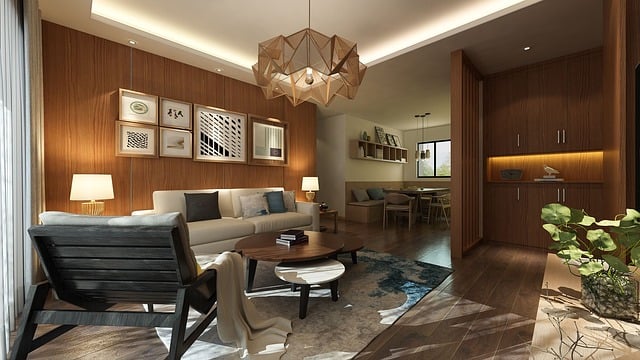
Decorating your home can be both exciting and overwhelming, especially for beginners. Whether you’re furnishing a new apartment or revamping an old space, creating a room that reflects your personality and meets your needs is essential. This guide will provide easy and practical home decorating tips for beginners, helping you design a space that’s both functional and stylish.
Home Decorating Tips for Beginners
1 out of 9Discover Your Interior Design Style
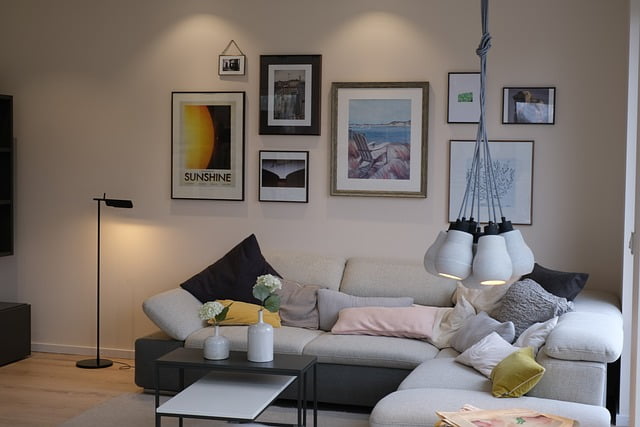
Before you dive into buying furniture or selecting paint colors, it’s important to identify your personal interior design style. Whether you lean towards modern minimalism, cozy farmhouse decor, or eclectic boho chic, understanding your aesthetic will ensure your space feels cohesive and tailored to your tastes.
Tip for Beginners: Create a mood board with images of rooms, furniture, and decor that inspire you. This can help solidify your vision and guide your choices as you decorate.
2 out of 9Measure Your Space
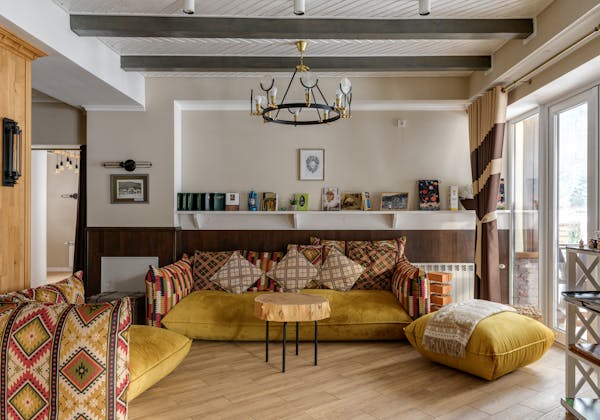
To avoid common interior design mistakes, start by measuring your space. Room measurements are crucial for selecting appropriately sized furniture and planning your layout. Buying furniture that’s too big or too small can disrupt the flow of your room, making it feel awkward or cramped.
3 out of 9Choose a Color Palette
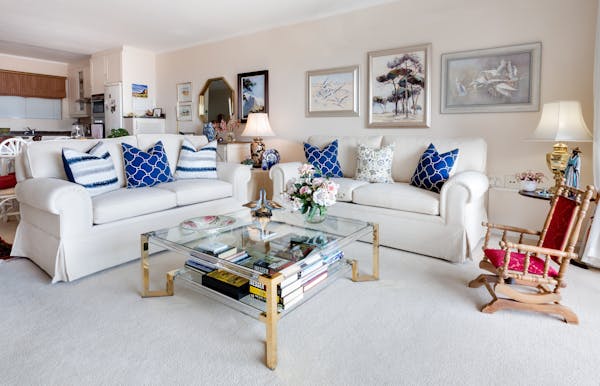
One of the most impactful elements of home decorating is your color scheme. For beginners, it’s often best to choose a neutral color palette for walls, such as soft beige, gray, or white. Neutral tones provide a versatile backdrop that allows you to experiment with bolder accent colors in furniture, artwork, or accessories. Color schemes to avoid and why
4 out of 9Prioritize Lighting
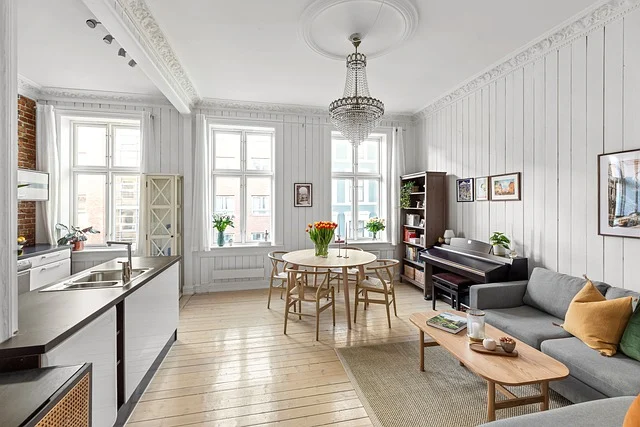
Good lighting is key to transforming the mood of any space. Maximize natural light by using sheer curtains and strategically placing mirrors to reflect light. For evening ambiance, layer your lighting with a combination of overhead fixtures, floor lamps, and table lamps.
Pro Tip: Invest in stylish, functional lighting fixtures that suit the room’s purpose. For example, consider pendant lighting for dining rooms or chic bedside lamps for your home decor.
5 out of 9Balance Proportion and Scale
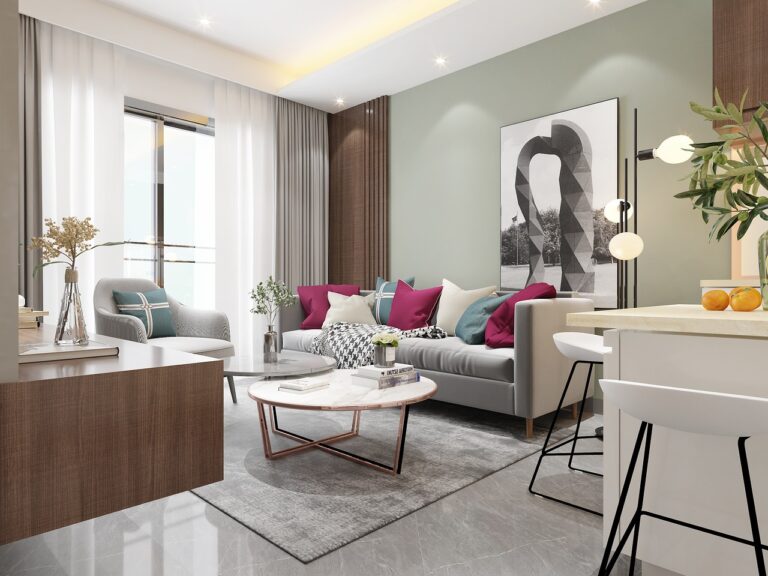
Balance and proportion are fundamental principles of interior design. When selecting furniture, ensure each piece fits the scale of the room. Oversized furniture can overwhelm a small space, while tiny items can leave a large room feeling empty.
6 out of 9Layer with Textiles
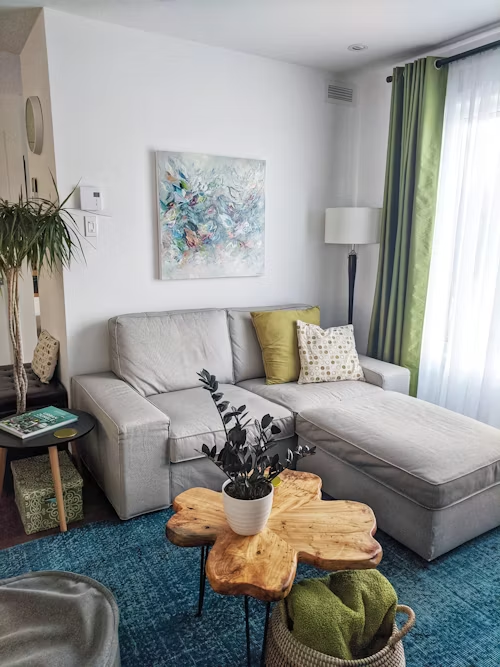
Pro Tip: Select textiles that are both stylish and practical. Choose durable fabrics for high-traffic areas and test how well they resist stains or wear.
7 out of 9Personalize Your Space
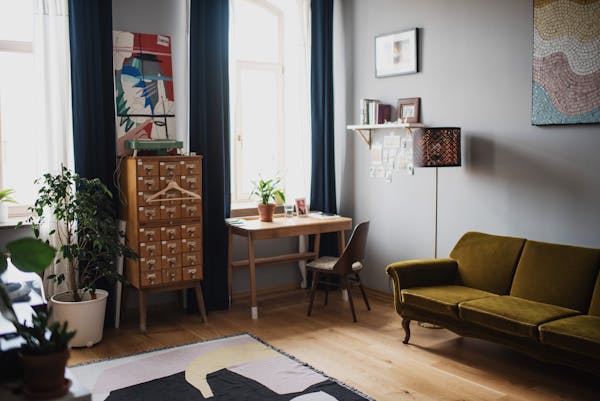
Your home should be a reflection of who you are. Incorporate personal touches such as framed photos, travel souvenirs, or heirlooms to give your space a unique and welcoming feel. These items add character and make your space truly yours.
SEO Tip: Create curated focal points like gallery walls or art displays to showcase your personality while adding a stylish element to your decor. consider using picture ledges to display art
8 out of 9Avoid Overcrowding
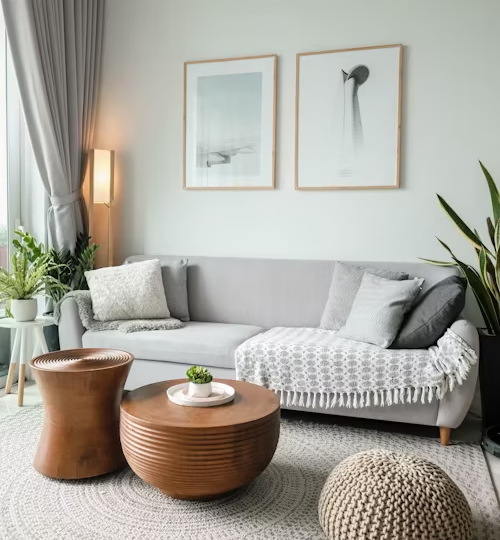
9 out of 9Start Small and Build Gradually
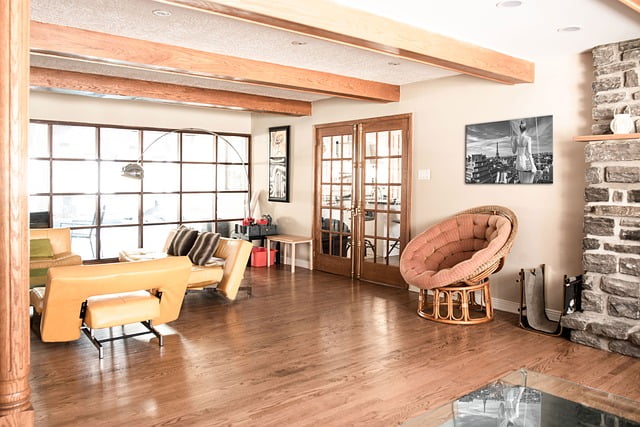
Decorating your home doesn’t have to be an all-or-nothing endeavor. Start small by focusing on one room at a time. Gradually build your decor collection and make thoughtful decisions that align with your evolving style.
Pro Tip: Invest in timeless furniture pieces like a quality sofa, a classic dining table, or a sturdy bed frame. These items will stand the test of time and adapt to future design trends.
conclusion
Decorating your home is an opportunity to create a space that’s both functional and beautiful. By following these home decorating tips for beginners, you’ll be able to design rooms that reflect your personality and meet your lifestyle needs. Remember, the best homes are not built on the latest trends but are designed with care, reflecting your personal taste and offering a comfortable retreat. So take your time, experiment with different color schemes and layouts, and enjoy the process of turning your house into a home.
FAQ
how do i decide my decorating style?
To decide your decorating style, start by identifying what you love and what makes you feel comfortable. Browse through magazines, websites, and social media for inspiration, and take note of patterns, colors, and furniture that catch your eye. Consider your lifestyle and how you use your space—this can help narrow down styles that fit your needs. Create a mood board with your favorite elements and see what themes emerge. This process will help you define a style that reflects your personality and suits your home.
correct sequence to decorate a room?
To decorate a room effectively, start by planning your layout and choosing a color scheme. Next, select and arrange your large furniture pieces, such as sofas and beds. Then, add smaller furniture and accessories like side tables and lamps. Layers in textiles, such as curtains, rugs, and cushions, add warmth and texture. Finally, accessorize with artwork, plants, and decorative items to personalize the space and bring it all together.
What Is the first thing to do when decorating a house?
The first thing to do when decorating a house is to identify your personal interior design style and establish a vision for your space. Before purchasing furniture or selecting color schemes, take some time to explore different styles—such as modern, minimalist, or farmhouse—to find what appeals to you. Creating a mood board or collecting inspiration from magazines and websites can help solidify your ideas. This step provides direction, making it easier to choose furniture, decor, and color palettes that work together to create a cohesive and stylish home.
where to start when decorating a house?
Let’s break it down into simple steps:
1 Decide which rooms to decorate and set a budget.
2 Style: Choose your decor style (minimalist, cozy, eclectic).
3 Colors: Pick a color palette for each room.
4 Essentials: Start with key furniture pieces.
5 Personalize: Add photos, mementos, and plants.
